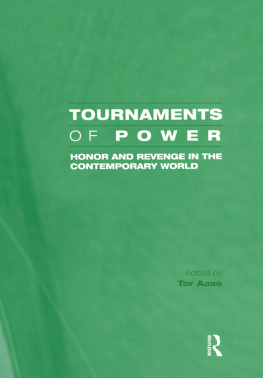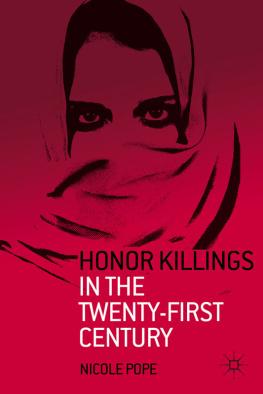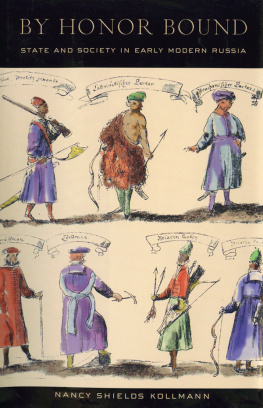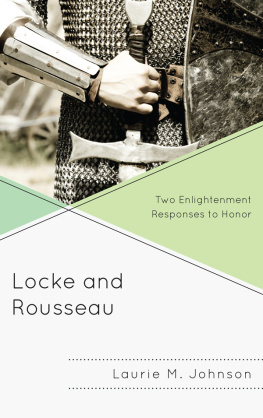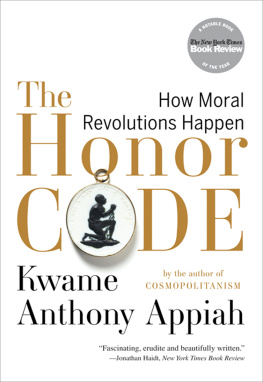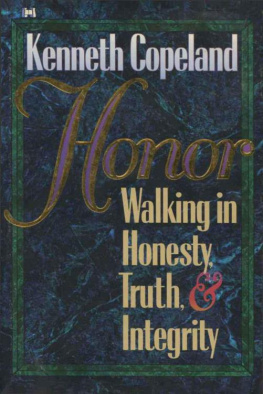TOURNAMENTS OF POWER
Tournaments of Power
Honor and revenge in the contemporary world
Edited by
Tor Aase
University of Bergen Norway
First published 2002 by Ashgate Publishing
Published 2017 by Routledge
2 Park Square, Milton Park, Abingdon, Oxon OX14 4RN
711 Third Avenue, New York, NY 10017, USA
Routledge is an imprint of the Taylor & Francis Group, an informa business
Copyright Tor Aase 2002
The editor has asserted his moral right under the Copyright, Designs and Patents Act, 1988, to be identified as the editor of this work.
All rights reserved. No part of this book may be reprinted or reproduced or utilised in any form or by any electronic, mechanical, or other means, now known or hereafter invented, including photocopying and recording, or in any information storage or retrieval system, without permission in writing from the publishers.
Notice:
Product or corporate names may be trademarks or registered trademarks, and are used only for identification and explanation without intent to infringe.
British Library Cataloguing in Publication Data
Tournaments of power : honor and revenge in the contemporary world
1. Honor 2. Revenge 3. Social interaction
I. Aase, Tor
303.3'72
Library of Congress Cataloging-in-Publication Data
Tournaments of power : honor and revenge in the contemporary world / edited by Tor Aase.
p. cm.
Includes bibliographical references.
ISBN 0-7546-3181-8 (alk. paper)
1. Honor. 2. Revenge. I. Aase, Tor, 1949-
BJ1533.H8 T68 2002
302'.1--dc21
2002066706
ISBN 13: 978-0-7546-3181-1 (hbk)
Contents
- 2 The Dynamics of Honor in Violence and Cultural Change
A case from an Oslo inner city district - 5 The Prototypical Blood Feud
Tangir in the Hindu Kush Mountains - 8 Hatred, Revenge, Sorcery
Reflections on the personalization of violence in contemporary societies
- 2 The Dynamics of Honor in Violence and Cultural Change
A case from an Oslo inner city district - 5 The Prototypical Blood Feud
Tangir in the Hindu Kush Mountains - 8 Hatred, Revenge, Sorcery
Reflections on the personalization of violence in contemporary societies
Guide
Tor Aase
Professor, Department of Geography, University of Bergen
e-mail: tor.aase@nhh.no
Haci Akman
Associate Professor, Department of Cultural Studies, University of Bergen
e-mail: haci.akman@ikk.uib.no
Joi Bay
Researcher, Institute of Legal Science, University of Copenhagen
e-mail: joi.bay@jur.ku.dk
Eldar Brten
Associate Professor, Department of Anthropology, University of Bergen
e-mail: eidar.braten@sosantr.uib.no
Roy D'Andrade
Professor, Department of Anthropology, University of California San Diego
e-mail: rdandrade@ucsd.edu
Bruce Kapferer
Professor, Department of Anthropology, University of Bergen
e-mail; bruce.kapferer@sosantr.uib.no
Inger-Lise Lien
Senior Researcher, Norwegian Institute for Urban and Regional Research, Oslo
e-mail: inger-lise.lien@nibr.no
Marit Melhuus
Professor, Department of Anthropology, University of Oslo
e-mail: marit.melhuus@sai.uio.no
Leif Selstad
Associate Professor, Finnmark College Alta
e-mail: leif.selstad@hifm.no
Chapter
Introduction: Honor and Revenge in the Contemporary World
Tor Aase
Europe has recently experienced a resurgence of honor as a topical theme in various realms of social life. It is invoked in court hearings; it is a recurrent theme in gang fights; and it is an integral part of identity formation in certain milieus. Commenting on violent gang fights in Oslo recently, a young man of Pakistani descent said, 'you cannot utter a critical remark to a Pakistani here without him feeling his honor threatened'. Such an obsession with honor runs counter to most Europeans' conception of modern living. Honor and revenge are out of place in modem European welfare states.
Theoretically as well, honor has no place in modernity. Honor and conflicts over violations of honor are thought to be phenomena belonging to the ancien regime, to be found in historical Europe and in traditional non-Western societies. Twenty five yeas ago, Americans who showed concern for their honor were perceived as suffering from a 'provincial mentality' and were sometimes labeled 'hopelessly European' (Berger et al. 1974). In the eyes of educated Americans, honor and chastity were, at best, seen as 'ideological leftovers in the consciousness of obsolete classes, such as military officers and ethnic grandmothers' (ibid. 78).
Peter Berger regards honor as one of the very hallmarks that distinguishes modernity from pre-modernity. In ancien rgimes, honor is an integral part of hierarchical social formations where status is ascribed rather than achieved. Feudal Europe, with its clearly separated social strata into which chivalrous men and chaste women were born, is prototypical for this kind of social formation. In such societies, 'honor is a direct expression of status, a source of solidarity among social equals and a demarcation line against social inferiors' (ibid. 80). The person is intimately linked to the hierarchical order through his identity: 'In a world of honor, the individual discovers his true identity in his roles, and to turn away from the roles is to turn away from himself (ibid, 84). Pre-modern man finds his identity in acting honorably according to institutionalized role expectations attached to his status. Thus, personal lives reflect the prevailing social order.
Berger believes that pre-modern society is transformed into modernity through the agency of technological innovations and concomitant changes in production relations. Parallel to these, he also observes a change in consciousness. Institutionalized ways of coping with everyday life are substituted by problem-solving inventiveness and a 'tinkering attitude'; many-stranded personal relations are substituted by anonymous social relations; and 'emotional management' and suppression of feelings become virtues.
In such a modern society, honor becomes obsolete. Since ascribed status and institutionalized role behavior have lost their social significance, there is no need to maintain group markers any more. The concern with honor is taken over by another moral enterprise, namely, the cultivation of one's dignity: 'Dignity, as against honor, always relates to the intrinsic humanity divested of all socially imposed roles and norms. It pertains to the self as such, to the individual regardless of his position in society' (ibid. 83).
Berger claims that the theoretical logic of modern functional rationality leaves no room for honor. The declining importance of honor in the modern world has also been argued empirically. In Norway, Christie used national figures of 'slander and libel' cases as an index of the social concern with honor (Christie 1985). A marked decline in the number of cases investigated by police since the Second World War until the 1970s, ties in neatly with Berger's theoretical assertions. In Sweden, however, there was a slight increase in cases during the late 1970s. Christie relates this increase to non-European immigration, suggesting that immigrants retain their sense of honor for a time after arriving in Sweden.
In Norway, it is also possible to detect correlations between immigration and allegations of slander and libel. Such cases - which are labeled 'violations of honor' in Norwegian - decreased from about 1100 cases investigated annually in the early 1960s, to a mere 500 annual cases in the mid 1980s, rising again to 800 cases a year in the 1990s (). Parallel to this, the number of non-Western immigrants living in Norway has increased steadily since the early 1970s.

